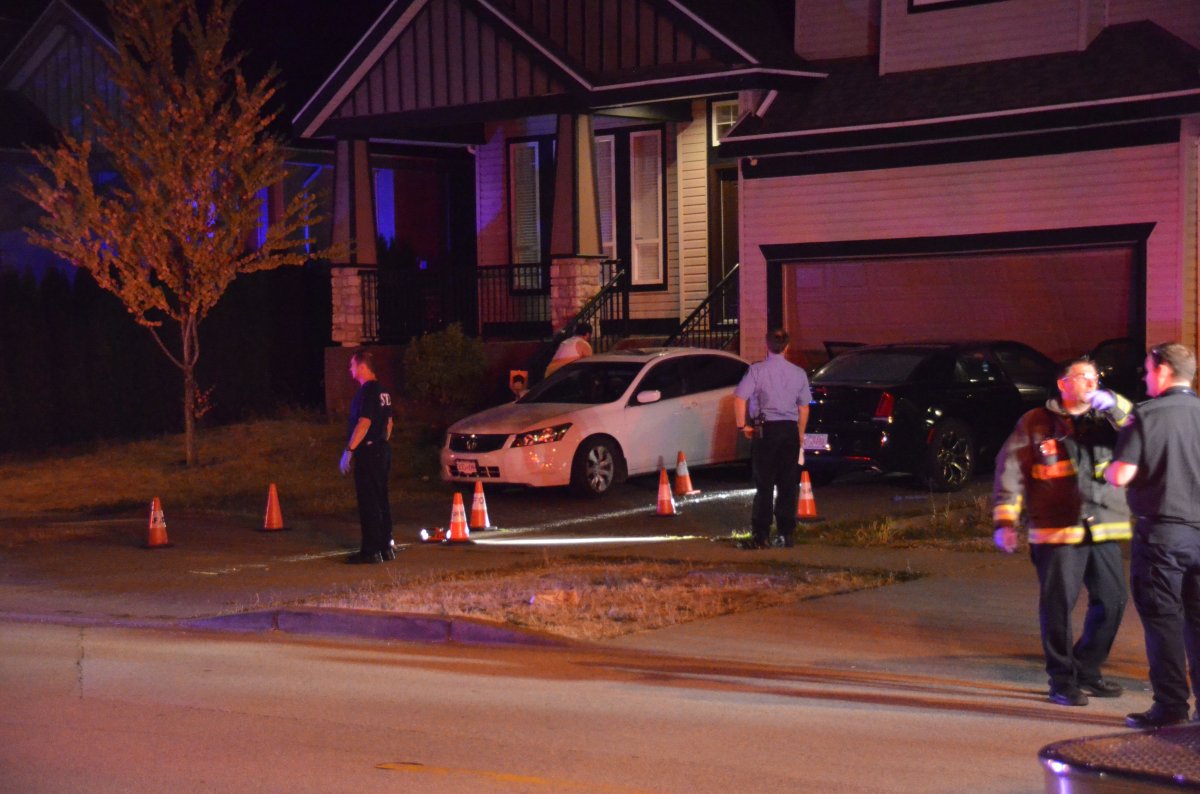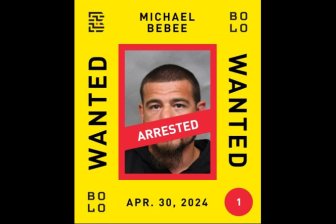In the wake of one of the bloodiest weeks of gang conflict in recent memory, one B.C. criminologist is renewing the call for a regional police force for the Lower Mainland.

Four people have been shot dead in the region in what police believe to be targeted shootings since Tuesday.
The flare up in deadly violence is among the worst SFU criminologist Rob Gordon said he’s seen since the active conflict between the Red Scorpion and U.N. gangs more than a decade ago.
But Gordon called that gang violence ongoing and cyclical. He said it will continue to flare up, and because it is a region-wide problem, the Lower Mainland’s individual police departments aren’t equipped to tackle it.
LISTEN: Public Safety Minister Mike Farnworth on the latest gang violence and regional policing
“The policing system in Metro Vancouver and Metro Victoria are absurd, where you have scattered detachments mixed in with municipal police services,” he said.
Metro Vancouver is the largest metropolitan region in Canada without a regional police force.
Five cities in Lower Mainland – Vancouver, Delta, New Westminster, West Vancouver and Port Moody – have their own municipal police forces. The rest, including Surrey, are served by the RCMP under a deal with Ottawa.
WATCH: Oct. 2013 — Debate continues over regionalized policing in the Lower Mainland continues
But speaking with CKNW’s Simi Sara, Public Safety Minister Mike Farnworth was cool to the idea.
“The reality is that, yes, there are regional police forces in other parts of the country, but they still have gang violence and they still have gang shootings,” Farnworth said.
He said for the time being, the focus needs to be on addressing gang conflict on the street, something he admits is a regional problem.
“That’s why there is cooperation between municipalities, the integrated units,” he said.
But from Gordon’s perspective, those units do little more than paper over institutional differences that are slowing police down in the fight against gangs.
“They talk a lot about working together, about integrated programs and integrated units and integrated this and integrated that. But the bottom line is that police officers are individuals who are working with and for different police services with different traditions, and in many instances different ways of proceeding.”
Creating a regional police service was one of the top recommendations of the 2012 missing and murdered women inquiry, launched in the wake of the Robert Pickton killings.
The report found cross-jurisdictional friction had interfered with police investigations and allowed Pickton to prey on vulnerable women for years.
The Vancouver Police Department under former Chief Jim Chu also strongly backed the proposition of a regional force.
However, while the former BC Liberal government said it would examine the possibility under a wider policing review, no action was ever taken.
The proposition is not without controversy.
Surrey, under former Mayor Dianne Watts opposed it, as did Delta Mayor Lois Jackson and former Delta Chief Jim Cessford.
At least two Canadian academic studies on the amalgamation of police forces have found the change came with lower service levels; higher workloads for sworn officers; fewer sworn officers; and higher costs.
- Gas prices in Metro Vancouver drop 6 cents overnight, more savings Friday
- Quesnel city council censures mayor over controversial residential school book
- Surrey hospital won’t have emergency team for parts of May long weekend, doctor claims
- Vancouver Island residents question new supportive housing location








Comments